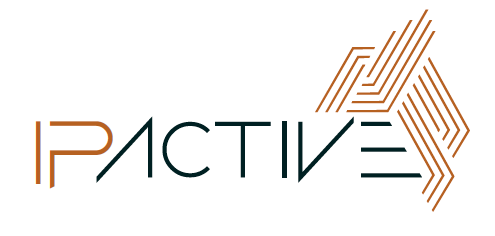IP Ownership & Organisations
Corporate Intellectual Property and the right to ownership over the outcomes of an R&D investment can be a fundamental factor affecting an organisation’s decision to invest in a project, whether it be purely an in-house project or involve a collaborating third party. The key reason to consider your IP ownership position is that IP rights directly influence your capacity to commercialise and exploit the outcomes from your investments. Some of the key questions that need to be considered when reviewing the organisation’s ownership rights are discussed below.
How are IP outcomes defined within joint investments?
While simple definitions can be used in defining what intellectual property is, it’s important to consider how material produced from a project is defined; that is the final contract material or project IP.
A broad definition of project IP should cover ‘all outcomes resulting from intellectual activity, whether they be in the industrial, scientific, literary or artistic fields’. In this way IP rights may extend to items such as know-how and data developed throughout the course of a project.
Will the organisation be the sole owner?
Intellectual property rights are first given to the owner of an invention or creation. They may assign their rights to their employer or others via contract or assignment. Organisations need to ensure that employment, subcontract and collaborative agreements provide the organisation the rights to ownership from what is developed and preferably this should be sole ownership.
If an organisation is not the sole owner, be aware that the rights of any co-owner are the same, irrespective of their share or level of investment made in the creation.
Do you have rights to exploit the outcomes from your investment?
Under joint ownership, owners may make, use and sell the creation themselves but they cannot assign, licence or otherwise authorise the use of the creation by a third party without the approval of the other owners. The capacity for your organisation to freely exploit the outcomes from the investment must be covered in any contract agreement.
Do you have Freedom to Operate when seeking to use or sell the project outcomes?
Assessing commercial freedom to operate (FTO) is something that is best conducted as new products and technologies are developed. FTO should form part of an organisation’s R&D best practice. An FTO search, from a legal perspective, requires an assessment of the specific claims that may be developed to protect the IP and to understand if any existing patents would prevent the commercialisation of such IP. That is, without infringing the rights of a third party. Given the costs of a complete FTO search may be high, IP landscape searches should be completed before and during a project.
Apart from considering existing patents, corporate intellectual property policy needs to consider contractual rights relating to the use of essential background IP need to be understood. The conditions of use over background IP may affect ownership rights or the rights to exploit project IP. It is important to understand any third party agreements that may exist between you, your co-investor and a third party.
